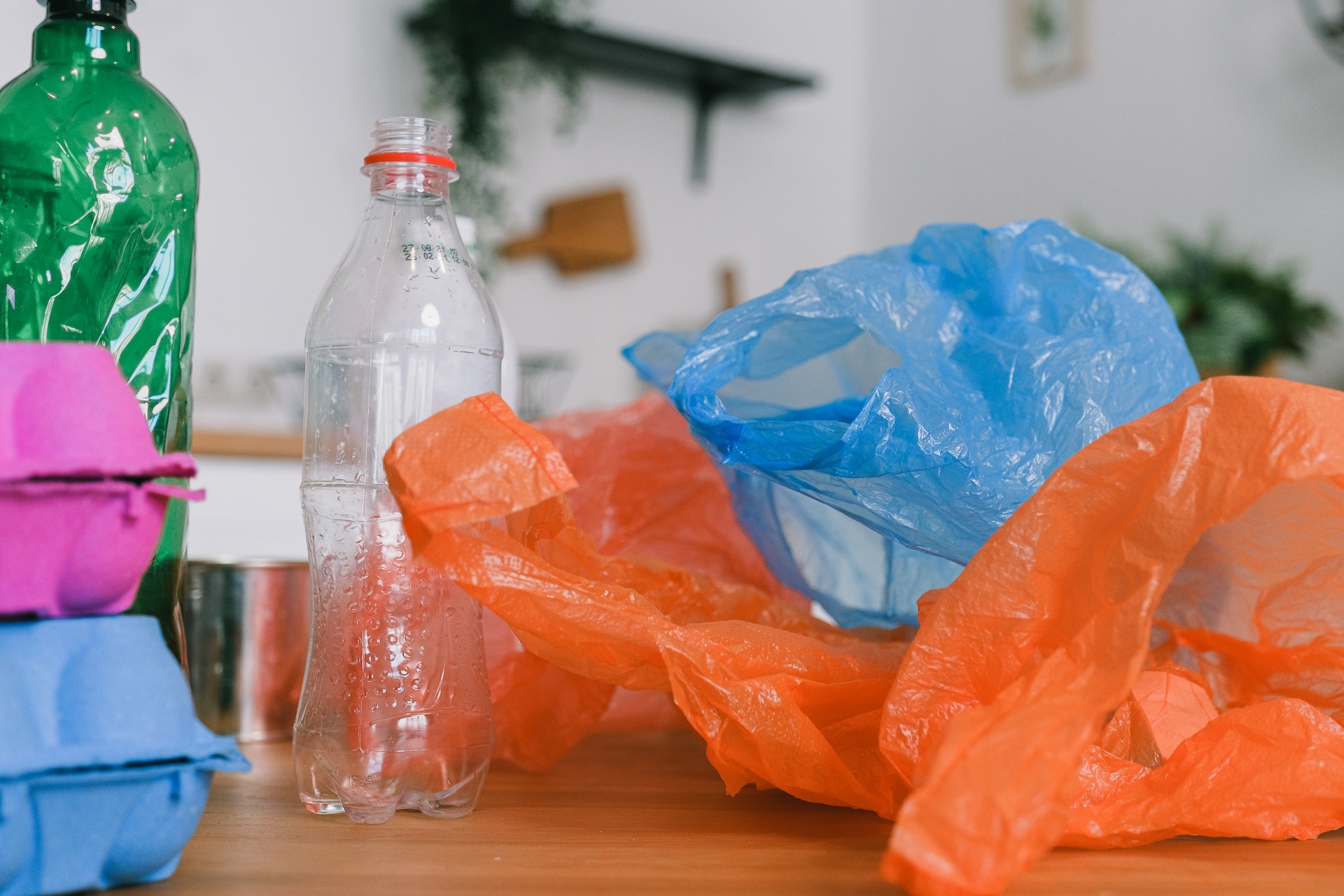
Plastic has become a ubiquitous part of our daily lives, but its impact on the environment is increasingly alarming. By making small changes in our households, we can significantly reduce plastic waste and contribute to a more sustainable future. Sparkways Carrum Downs is imposing a total ban on single-use plastic items to champion a greener lifestyle. There are numerous easy steps that we can take to reduce plastic use in our homes. One way is to avoid buying products that contain excessive packaging or wrapping, as much of this will end up in landfills or the ocean. Instead, look for loose fruits and vegetables with no wrappers, and opt for glass or paper packaging when possible.
Why Should We Reduce Plastic Use in Our Homes?
 The environmental impacts of plastic are profound and far-reaching. Producing and disposing of plastic has a huge carbon footprint, releasing harmful greenhouse gases into the atmosphere. Plastic pollution has detrimental effects on wildlife, with discarded fishing gear entangling marine animals like turtles and whales. Every year, millions of tonnes of plastic waste end up in our oceans: this is equivalent to dumping one garbage truck of plastic into the ocean every minute! Without swift action, this situation is only set to worsen.
The environmental impacts of plastic are profound and far-reaching. Producing and disposing of plastic has a huge carbon footprint, releasing harmful greenhouse gases into the atmosphere. Plastic pollution has detrimental effects on wildlife, with discarded fishing gear entangling marine animals like turtles and whales. Every year, millions of tonnes of plastic waste end up in our oceans: this is equivalent to dumping one garbage truck of plastic into the ocean every minute! Without swift action, this situation is only set to worsen.
Tips for Reducing Plastic Use in Your Home
Transitioning to a low-plastic home might seem overwhelming, but with a little planning and commitment, it’s entirely achievable. Here are some practical tips to help you get started:
1. Replace Single-Use Plastic Items
One of the easiest ways to reduce plastic waste is to replace single-use plastic items with reusable alternatives. For instance, swap out plastic wrap for beeswax wraps, and use silicone food storage bags instead of disposable plastic bags.
2. Shop Mindfully
When grocery shopping, opt for products with minimal plastic packaging. Choose loose produce over pre-packaged items, and bring your reusable bags and containers for bulk purchases.
3. Embrace Reusable Kitchenware
Invest in reusable water bottles, coffee cups, and food containers to reduce your reliance on single-use plastics. Additionally, consider using cloth napkins and dishcloths instead of paper towels and disposable wipes.
4. Rethink Your Personal Care Routine
Many personal care items, such as toothbrushes, razors, and cotton swabs, contain plastic components. Opt for eco-friendly alternatives like bamboo toothbrushes, stainless steel safety razors, and biodegradable cotton swabs.
5. Make Your Own Cleaning Supplies
Reduce plastic waste from cleaning products by making your own eco-friendly solutions using household ingredients like vinegar, baking soda, and lemon juice. Store your homemade cleaners in reusable glass or stainless steel containers.
6. Repurpose and Recycle
Before throwing out plastic items, consider whether they can be repurposed for another use. If not, be sure to recycle them properly according to your local guidelines.
7. Share Your Journey and Inspire Others
As you make progress in reducing plastic use in your home, share your experiences with friends and family. Encourage them to join you in making a positive impact on the environment.
In Conclusion
Reducing plastic use in our homes is a crucial step towards a more sustainable future. By making small changes and embracing eco-friendly alternatives, we can significantly decrease our plastic footprint and contribute to the well-being of our planet. Remember, every little effort counts, and together, we can make a difference for generations to come.
